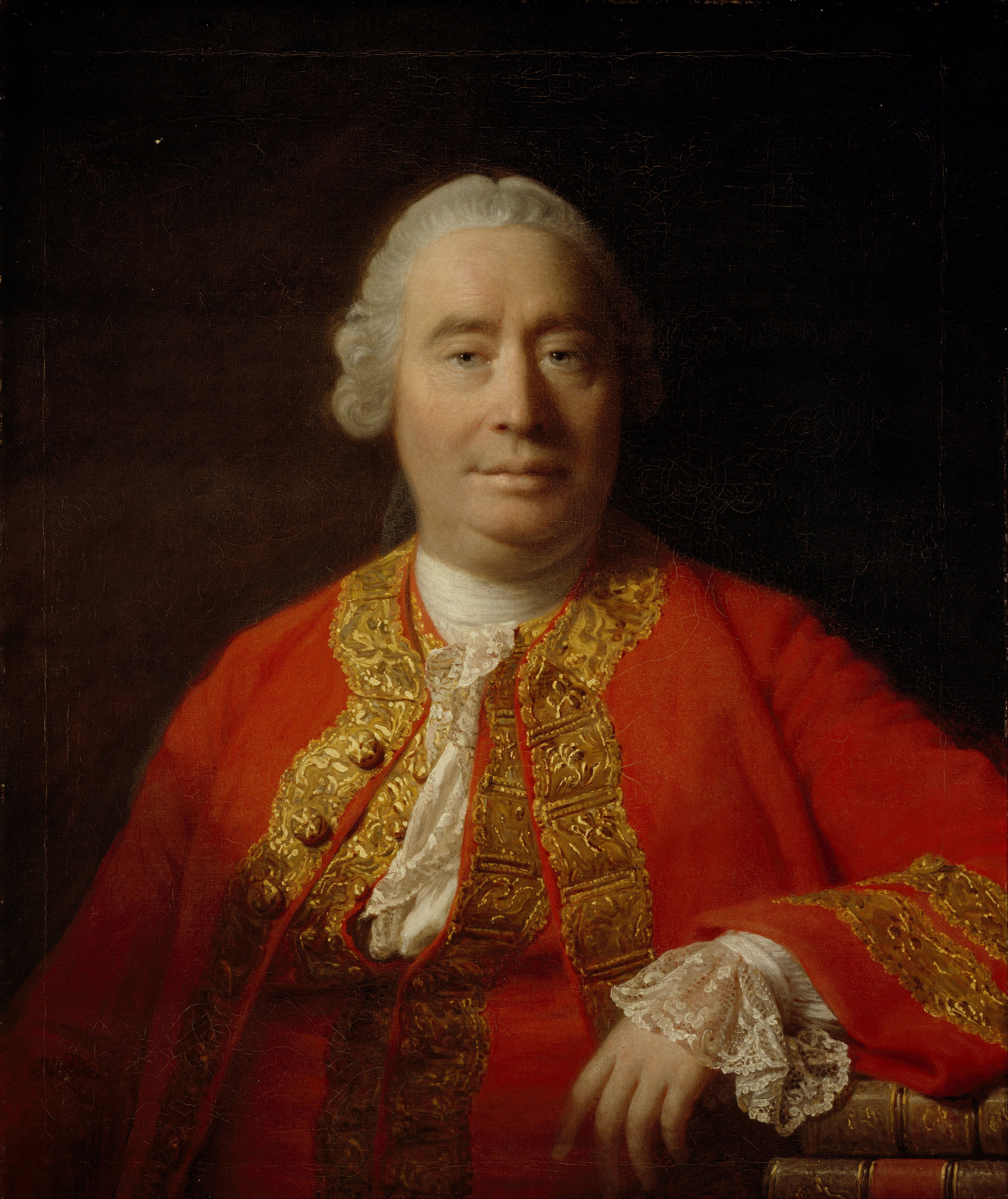David Hume najznámejšie citáty
Podľa: Morton, Eric (2002). RACE AND RACISM IN THE WORKS OF DAVID HUME. Journal on African Philosophy: 1, 1 http://www.africanphilosophy.com/vol1.1/morton.html
Potvrdené výroky
David Hume: Citáty v angličtine
Part 4, Section 3
A Treatise of Human Nature (1739-40), Book 1: Of the understanding
Section 4 : Sceptical Doubts Concerning The Operations of The Understanding
An Enquiry Concerning Human Understanding (1748)
Part 2, 1.17
A Treatise of Human Nature (1739-40), Book 3: Of morals
Statement to a friend shortly before his death, as recounted in Men of Letters by Lord Henry Brougham
Part X - With regard to courage or abasement
The Natural History of Religion (1757)
Part I, Essay 23: Of The Standard of Taste
Essays, Moral, Political, and Literary (1741-2; 1748)
Part 4, Section 5
A Treatise of Human Nature (1739-40), Book 1: Of the understanding
Of Liberty and Necessity, Part II (http://www.bartleby.com/37/3/12.html)
An Enquiry Concerning Human Understanding (1748)
Kontext: THERE is no method of reasoning more common, and yet none more blameable, than, in philosophical disputes, to endeavour the refutation of any hypothesis, by a pretence of its dangerous consequences to religion and morality. When any opinion leads to absurdities, it is certainly false; but it is not certain that an opinion is false, because it is of dangerous consequence. Such topics, therefore, ought entirely to be forborne; as serving nothing to the discovery of truth, but only to make the person of an antagonist odious.
Part I, Essay 8: Of Public Credit (This appears as a footnote in editions H to P. Other editions include it in the body of the text, and some number it Essay 9.)
Essays, Moral, Political, and Literary (1741-2; 1748)
Section 12 : Of the Academical or Sceptical Philosophy Pt. 3
An Enquiry Concerning Human Understanding (1748)
Part 1, Section 12
A Treatise of Human Nature (1739-40), Book 2: Of the passions
Part XV - General corollary
The Natural History of Religion (1757)
“Art may make a suit of clothes; but nature must produce a man.”
Part I, Essay 15: The Epicurean
Essays, Moral, Political, and Literary (1741-2; 1748)
E. C. Mossner, Life of David Hume (Clarendon Press, 2001), p. 311.
Section 10 : Of Miracles Pt. 2
An Enquiry Concerning Human Understanding (1748)
Letter 138, To Gilbert Elliot of Minto; August 9, 1757
Part 3, Section 12
A Treatise of Human Nature (1739-40), Book 1: Of the understanding
Part I, Essay 9: Of The Parties of Great Britain; final lines of this essay in the 1741 and 1742 editions of Essays, Moral and Political, they were not included in later editions.
Essays, Moral, Political, and Literary (1741-2; 1748)
Philo to Cleanthes, Part IV
Dialogues Concerning Natural Religion (1779)
Part 4, Section 6
A Treatise of Human Nature (1739-40), Book 1: Of the understanding
Part I, Essay 16: The Stoic
Essays, Moral, Political, and Literary (1741-2; 1748)
§ 8.23
An Enquiry Concerning Human Understanding (1748)
Part XIV - Bad influence of popular religions on morality
The Natural History of Religion (1757)
Part 2, Section 12
A Treatise of Human Nature (1739-40), Book 2: Of the passions
Part 1, Section 4
A Treatise of Human Nature (1739-40), Book 2: Of the passions
Pamphilus to Hermippus, Prologue
Dialogues Concerning Natural Religion (1779)
§ 4.8
An Enquiry Concerning Human Understanding (1748)
Part I, Essay 22: Of the Standard of Taste
Essays, Moral, Political, and Literary (1741-2; 1748)
Demea to Philo, Part X
Dialogues Concerning Natural Religion (1779)
